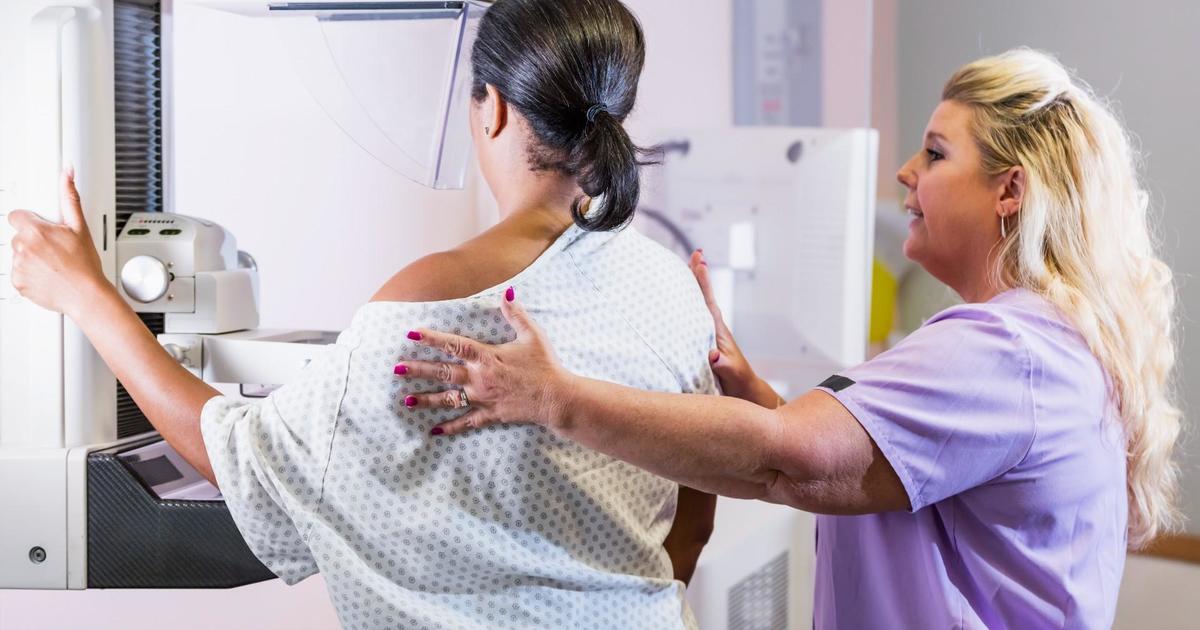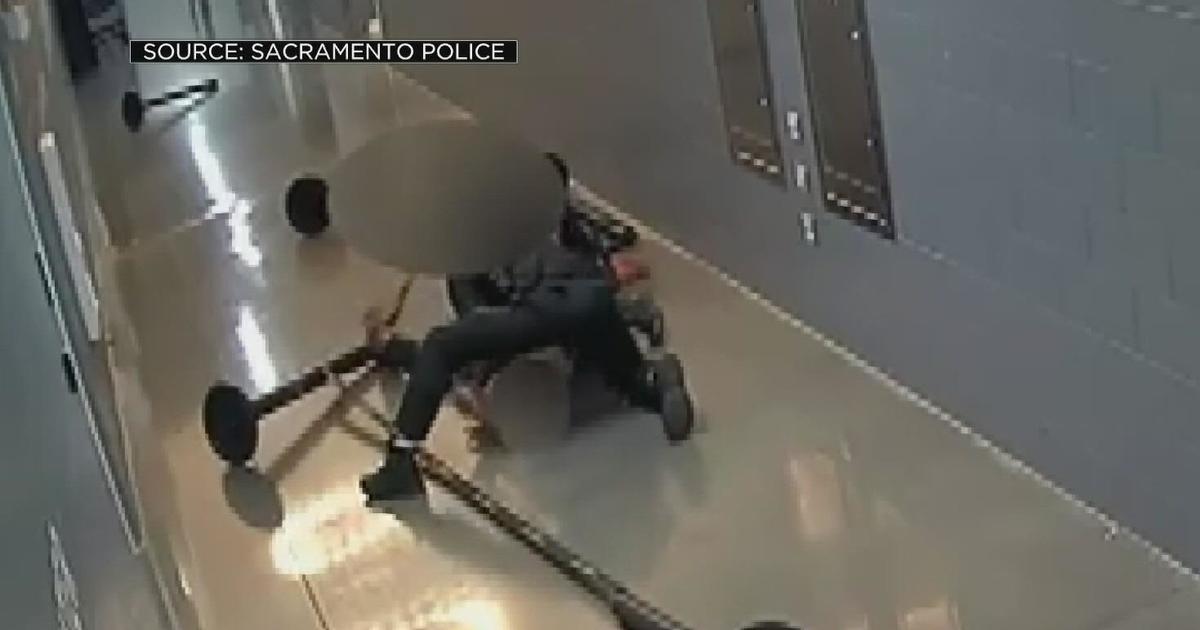UC Davis Doctors Who Infected Brain Cancer Patients With Bowel Bacteria Resign
SACRAMENTO (AP) - Two California neurosurgeons who infected brain-cancer patients with bowel bacteria in an effort to save their lives have resigned their positions at the University of California, Davis, after officials concluded their actions violated the school's code of conduct.
Dr. J. Paul Muizelaar and Dr. Rudolph J. Schrot told had the permission of the three patients to try the injections, but university officials concluded they failed to get the required prior approval from either the school or the federal Food and Drug Administration for such an experimental treatment that had not been tested on animals.
The three patients, two middle-aged women and a man, each had been diagnosed with glioblastoma, a highly malignant brain tumor.
The doctors hoped that injecting the patients with live bowel bacteria would stimulate their immune systems and prolong their lives.
The first patient died a little more than a month after the treatment, but the second lived for more than a year, giving the doctors hope that the treatment was working.
When the third patient developed sepsis and died within two weeks, however, the university launched an investigation.
After The Bee reported on the treatments in July 2012, a second investigation was launched and resulted in the resignations.
University investigators concluded that Muizelaar and Schrot "deliberately circumvented" internal policies, "defied directives" from top leaders and sidestepped federal regulations.
"Investigators I appointed heard from some witnesses that there is perception that compliance with university policies and external regulatory requirements is not a universally held value," said Ralph J. Hexter, the school's provost and executive vice chancellor.
Dr. Claire Pomeroy, who was dean of the university's School of Medicine, resigned last June as a result of the investigation.
Muizelaar, who headed the university's neurosurgery department, also left in June. Schrot plans to leave at the end of the month.
The doctors told the Bee they weren't trying to do unapproved research or create a treatment they could profit from. They said they only wanted to give their patients a last-ditch chance at survival, Muizelaar adding that the treatment had been suggested by a colleague.
"I was simply thinking that I could help patients," Muizelaar said. "My whole medical practice is guided by actually only one principle, namely: What would I do for my mother, my son, myself?"
Copyright 2013 The Associated Press.



